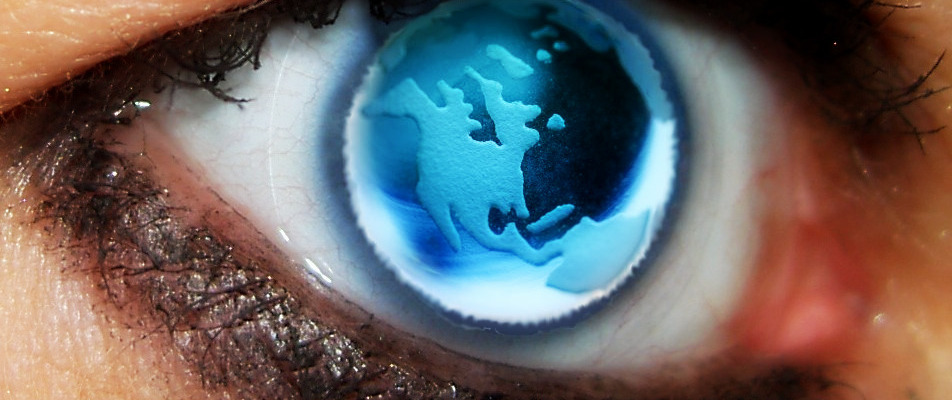Pause for a second, and turn your look away from this screen. What is the reality that you see around you? What are the objects, their colors, and their shapes? Are they in motion or are they still? This reality that you see is the world as it is right here and now. It may seem that you are outside of it, and simply observing it. Yet this reality is not outside of you. It only exists in your mind, and you view it through your own unique lens, filtered by your senses, your memories, your mood, and by your thoughts. A different person would look through his or her own perspective, and may describe a vastly different reality, as if the two of you are not at all in the same place and time.
This simple realization that reality is subjective goes a long way. Firstly, in our relationships and interactions with others, it helps us realize that our view of things is never an undisputed truth. Other people’s truths come from the reality that they perceive in their own minds, and their truth is as valid to them as our truth is for us. Secondly, it makes us realize that obstacles and barriers we face may not exist in the real, external world, and may only be a result of our perspectives. Instead of exerting efforts to overcome these obstacles, it may suffice to adopt an alternative perspective where these obstacles simple do not exist. And thirdly, it makes us realize that much of our suffering is a matter of choice. There always exists a different perspective on things that is free from the pain that we feel.
Four years ago, while riding my motorcycle from New York to California on a quest to finding inner peace, I met with different authors and scientists, and had asked them about the notion of reality. In Austin, I met with Dr. James Pennebaker, the head of UTexas’ Psychology Department, and today the president of The Society for Personality and Social Psychology. Pennebaker pioneered the use of writing as a means of psychological intervention. He found that writing is curative when it produces a change in perspective. Our ability to construct a story is often what makes us suffer, and writing a new story could therefore heal:
“When you write, it’s not as though you’re throwing out the emotions. You are now thinking about the events; you are tying them together. The mere fact that you put it into words seems to make a big difference. It allows you to move past it, to move through it…Writing brings some kind of meaning and closure to events. We know that people whose health improves most are also able to change perspectives in their life. They can talk about their feelings and thoughts but also those of other people around them… We also know that in writing, it’s really important that people are able to construct a story. If someone comes in and they write about a trauma, and they immediately have a good story: “this happened, and the reason was so and so” — they don’t benefit from writing at all. People benefit more when they construct a new story. They start putting things together. The alternative argument is that one reason people are screwed up is because of language as well. I mean, if you look at most animals, they don’t need psychotherapy, but they don’t have language either to get them messed up.”
Toward the end of my motorcycle ride I arrived in Southern California, I met with Deepak Chopra, who shared with me a personal story about perspectives. A few weeks before he and I had met, Chopra spent three weeks in Thailand to be ordained as a Buddhist Monk. His daily experiences in the monastery were sometimes difficult and painful – until he chose to change his perspective:
“When I was in Thailand, we used to go barefoot with the begging bowl. So there were no shoes and you had to step over pebbles and rocks and streets and shrubs, and I was not used to it, and it was tough for me. When I came back, the first day, the abbot asked me if it was difficult for me. And I said — yes, it was very painful. He said, “You know, it’s painful when you put the foot down but the other foot you lift, that has the absence of pain, which is very pleasurable. Just put your attention on that foot. And the next day, I did that and the pain was gone.
So — it’s where you put your attention. It’s all interpretation.
If you go out of your comfort zone with the whole mindset of embracing uncertainty and stepping into the unknown, then you’ve already shifted before you arrive.”
What reality in your life brings you suffering or limits you from reaching your goals and your dreams? What are the alternative realities you can live, where you are pain-free, fulfilled, and happy? Today, imagine for a second that you are a different person, and sit down and write your own script for life, from a new perspective. Life is not a movie you watch. It is a movie you make.


